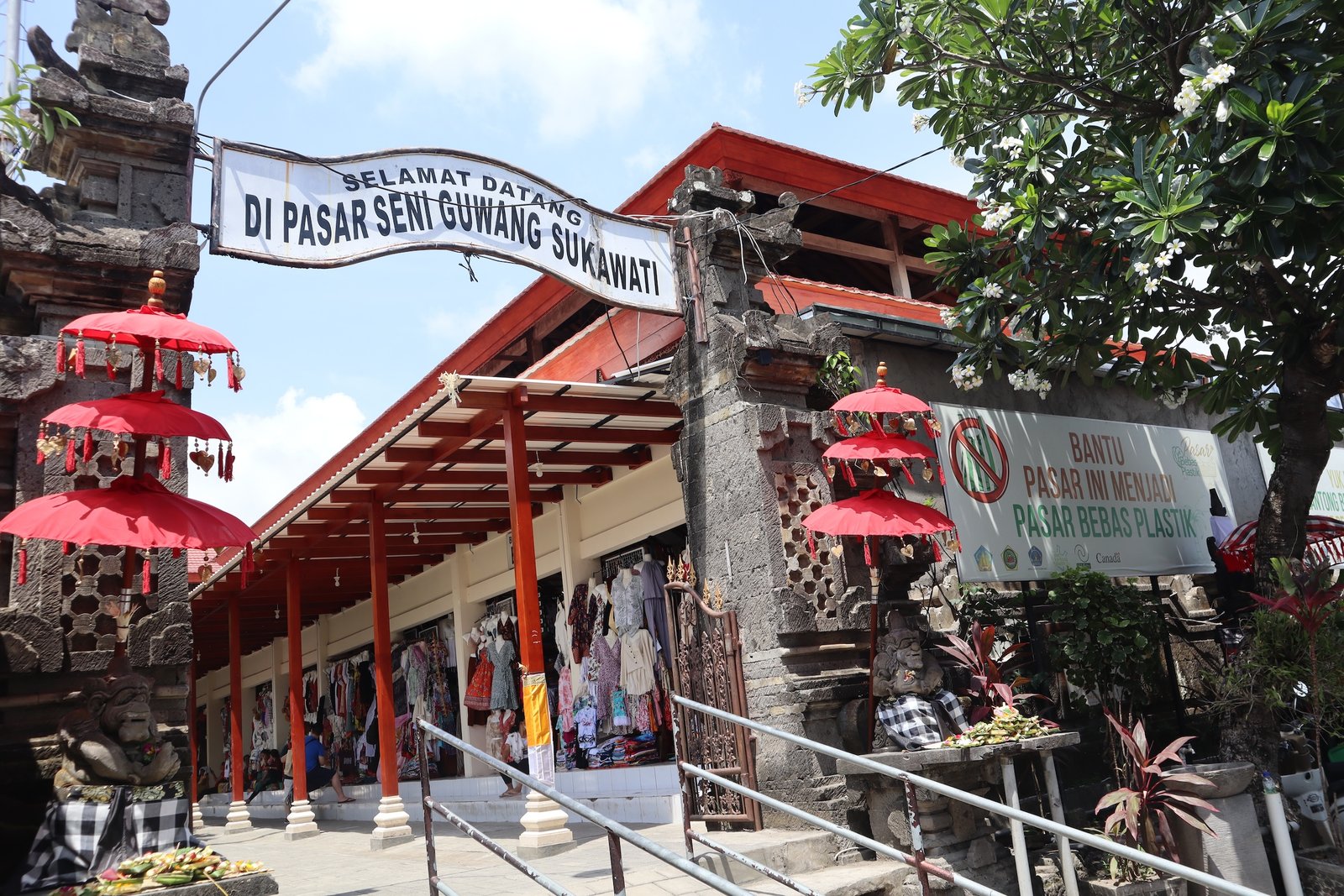Bank Indonesia (BI) Representative Office in Bali Province anticipates potential inflation risks at the beginning of the year, especially ahead of the long holiday at the end of January 2025, which is expected to increase demand for goods and services.
“Going forward, there are several risks that need to be watched out, such as an increase in demand ahead of the long holiday at the end of January 2025, the continued increase in horticultural commodity prices in line with the end of the paned and weather factors. In addition, the continuous increase in gold jewelry prices is in line with global price trends and the increase in crude palm oil (CPO) prices which has the potential to affect cooking oil prices,” explained Erwin.
The Head of the BI Bali Representative Office, Erwin Soeriadimadja, revealed that they continue to strengthen synergy with local governments in controlling inflation in a sustainable manner.
Inflation risks are also influenced by factors such as the increase in the price of horticultural commodities after the harvest season and the impact of bad weather. In addition, the rising prices of gold jewelry and crude palm oil (CPO) are also a concern because they can encourage further inflation.
2 Factors to Reduce Inflation in Bali
However, there are several factors that are expected to reduce inflation, such as the expansion of rice planting areas, increased rice supply, and electricity tariff discount policies. To control inflation.
BI Bali proposed measures such as low-cost market operations, strengthening food distribution, and stricter stock supervision. The 4K policy, which includes price affordability, supply availability, smooth distribution, and effective communication, is also a focus in mitigating inflation risks.
Balibisnis Reports, “By continuing to strengthen the implementation of the 4K policy, Bank Indonesia believes that inflation in Bali Province in 2025 will remain within the national inflation target range of 2.5% ±1%,” said Erwin.
Bali’s 2024 Inflation Is Lower, 2025 Projections Are Stable
Based on data from the Central Statistics Agency, Bali’s inflation in December 2024 was recorded at 0.31%, lower than the previous month.
The main contributor to inflation in December came from the increase in the price of horticultural commodities, while some other prices, such as airline tickets and some types of food, decreased.
According to Antaranews, Bali’s annual inflation in 2024 was recorded at 2.34%, lower than 2023 which reached 2.77%.
Bank Indonesia projects that inflation in Bali in 2025 will remain within the national target range of 1.5 to 3.5 percent, with control efforts that continue to be strengthened through collaboration with local governments and the implementation of appropriate policies.
The Food, Beverages, and Tobacco group will still be the main contributor to inflation throughout 2024. Based on the commodity, inflation in December 2024 is mainly due to the increase in the price of shallots, red chilies, cayenne peppers, tomatoes, and mustard greens.
The increase in the price of horticultural and vegetable commodities is caused by the end of the harvest period accompanied by weather factors that hinder production.
On the other hand, the inflation rate was further restrained by the decline in pork prices, air freight rates, purebred chicken meat, kale, and rice.
The decrease in air freight rates was caused by the policy of reducing air ticket prices in the Christmas and New Year by 10%.
Source: Bali Bisnis, Antara News
Image: via Directorate General of State Assets, Ministry of Finance

